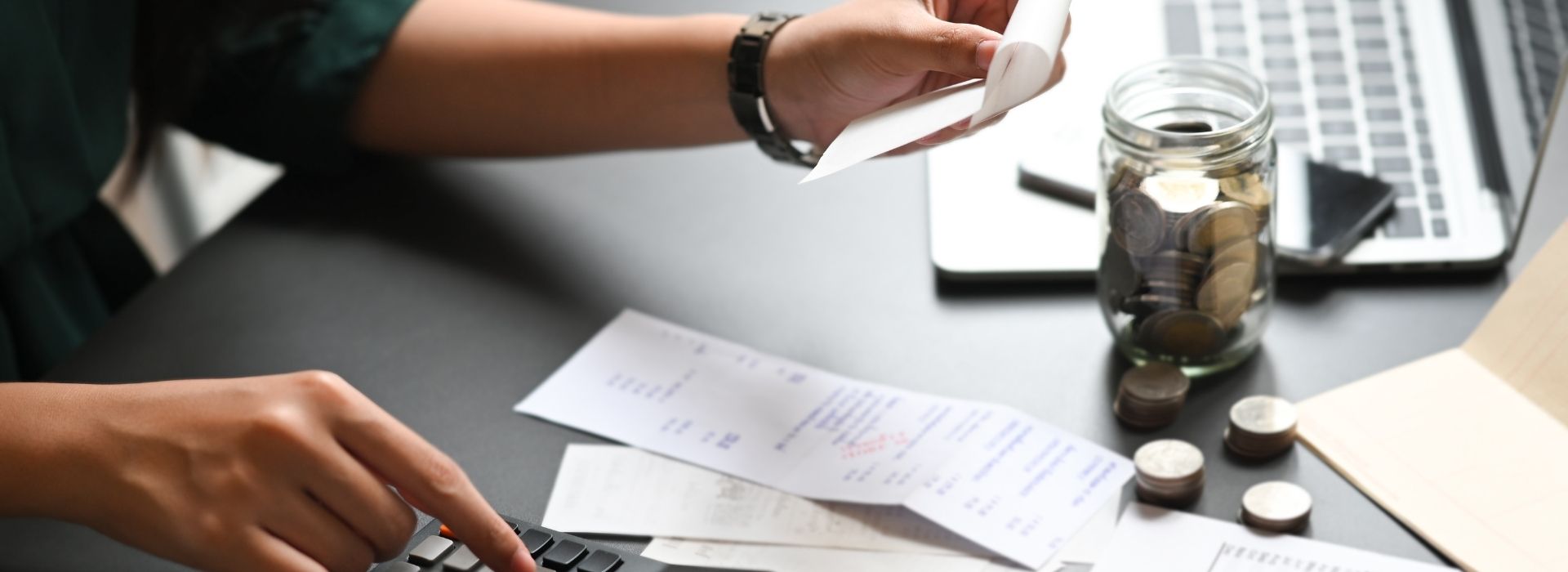By: GreenPath Financial Wellness
Are you hoping to get a refund from your 2018 tax return? Many people intend to use their refund as a “forced savings plan” (essentially withholding extra taxes on purpose so that they get a larger refund at the end of the year, instead of being tempted to spend it during the year). However, 42% of taxpayers who file their tax returns early end up using their funds to cover things like rent, food and utilities – catching up on expenses, rather than putting money away for savings.
How you plan for your taxes and what you do with your refund can give you a boost in your overall financial health. On the flip side, if you don’t receive the refund you expected, or if you find yourself owing taxes, it can cause a lot of stress. Our financial counselors offer a few tips for putting your tax return to work for your financial health.
- Get a Clear Picture of Your Financial Situation
If you didn’t have a specific plan for the funds but typically depend on them for breathing room or extra cash, take a step back and work to get a clear picture of your financial situation. Our financial wellness experts at GreenPath, also provide free financial counseling and can assist you with setting your budget and figuring out next steps based on your individual situation.
- Address Past-due Bills
If your plan for your tax return was to catch up on past-due bills, consider how you still might be able to address the issue. See if you can trim expenses in another area to free up money so that you can get current on your bills, and open a dialogue with your lender/creditor. They may be willing to consider your situation and find flexible solutions for temporary relief or even permanent refinancing options to help the debt fit better into your budget. Getting ahead of a problem you are anticipating is key. You may be surprised at how willing a lender will be to work with you.
- Pay Off Debts to Save Money and Find Breathing Room
If you did get a refund, it can be an extra boost on your journey to financial health. Often, addressing highest-interest debt is the first step. By paying off debts faster, you save money on interest, and as you pay it off, you free up more money to devote to savings. If you’re all caught up on debt, a great next step is to build an emergency fund that will protect you if you have an unexpected loss of income or unplanned expense.
GreenPath offers free financial coaching. We help people take a look at their whole financial picture and make a spending plan to achieve their goals.
What to Do If You Can’t Afford to Pay Your Tax Bill
If you did not anticipate having to pay taxes at the end of the year but now have a bill, you still have options. The IRS has pre-set guidelines on options that are available to filers that may not be able to foot the entire bill at once. Flexible options like deferred payments or long-term payment plans allow a restructuring of an existing repayment plan, depending on the circumstances.
While there are typically some additional fees associated with these options, this may be a more affordable way to address the tax debt, as opposed to borrowing from high-interest sources like credit cards, cash advances, or payday loans.
Get Ahead of Next Year: Adjust Your Withholding if Needed
If you owed taxes in 2018, you may need to increase your withholdings (the amount that your employer deducts from each paycheck for taxes). Paying a little more in each check so that you don’t have to pay a large tax bill at the end of the year, can be a much more appealing alternative. Consult with your company’s Human Resources department, or the equivalent, for more information on this. Consulting with a tax professional can also be a helpful experience in determining what the best course of action would be.
GLCU offers a Financial Wellness Program through a partnership with GreenPath to provide free financial counseling and resources to our members. Call GreenPath for Unbiased, Caring Support.


